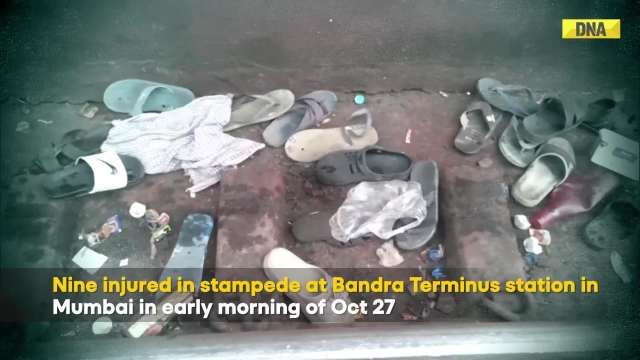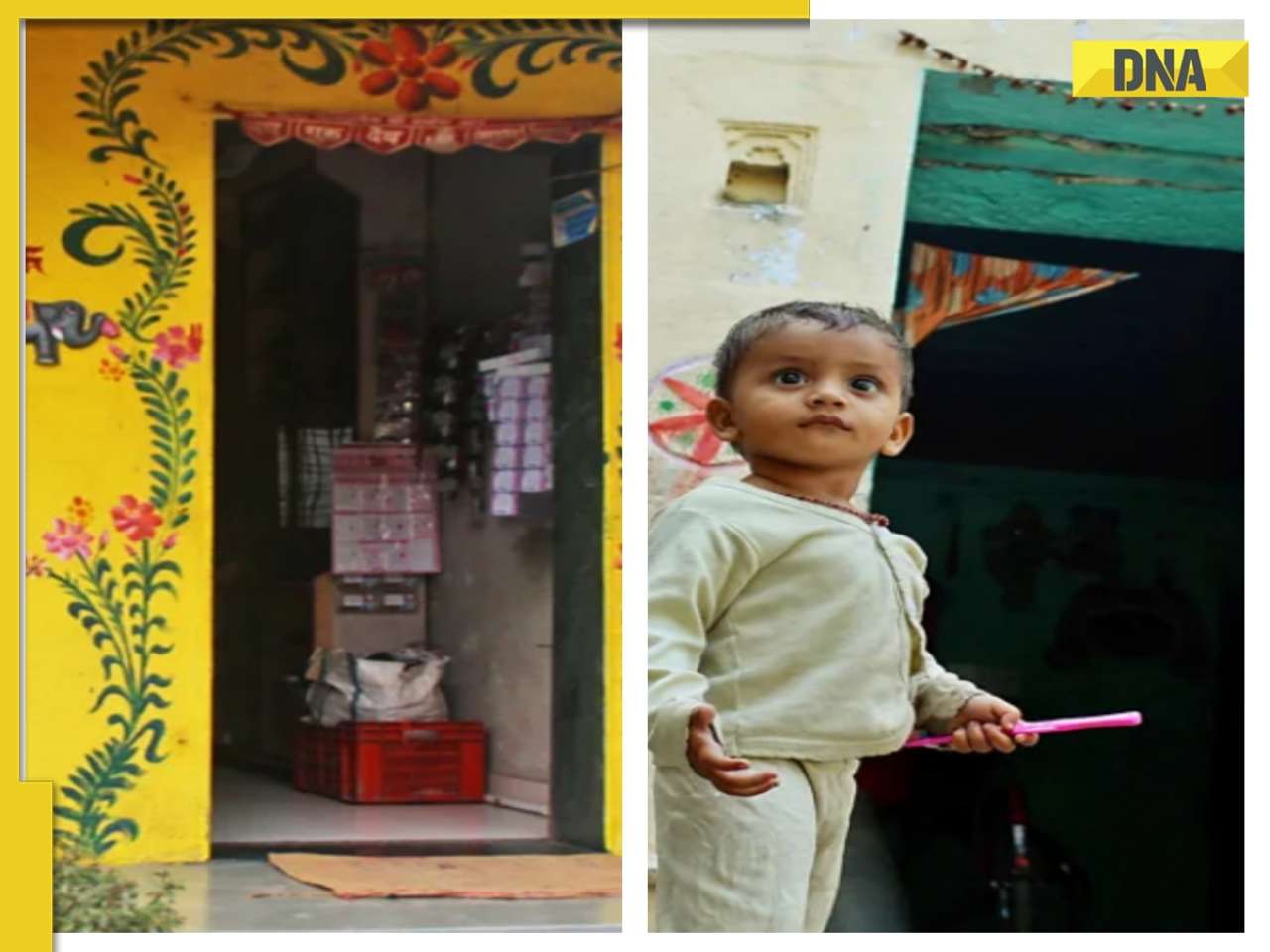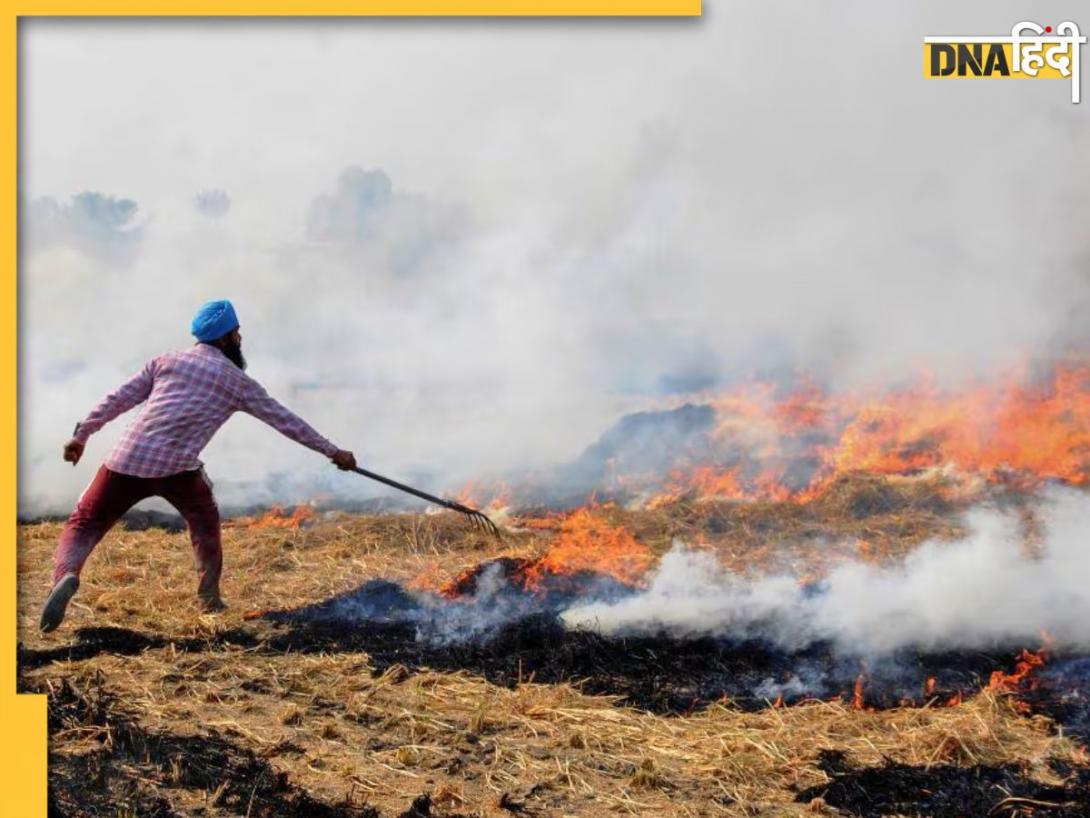- LATEST
- WEBSTORY
- TRENDING
WORLD
Climate Change & Population Displacement: Government Responses and Actions Worldwide
ActionAid Association has conducted extensive research in India, highlighting the intricate intersection between climate change and population displacement.
TRENDING NOW
Climate change is not just an environmental issue but increasingly a humanitarian crisis, leading to widespread population displacement globally. As temperatures rise, sea levels swell, and extreme weather events become more frequent, we are witnessing homes destroyed and communities uprooted at an unprecedented rate. This phenomenon demands urgent attention from governments worldwide, prompting diverse responses to mitigate its impact on vulnerable populations.
ActionAid Association has conducted extensive research in India, highlighting the intricate intersection between climate change and population displacement. From the Sundarbans in West Bengal to the coastal regions of Odisha, communities are grappling with the harsh realities of climate-induced displacement. Rising sea levels threaten to inundate low-lying areas, forcing residents to abandon their homes and livelihoods. ActionAid Association’s research indicates the urgency of addressing these challenges and calls for robust governmental interventions to protect affected communities.
Governments across the globe are increasingly recognising the severity of climate-induced displacement and are formulating diverse strategies to respond effectively. In Bangladesh, a country highly vulnerable to climate impacts, the government has initiated the construction of cyclone shelters and embankments to protect coastal communities. These measures aim to mitigate immediate risks and to build resilience against future climate threats.
In Europe, countries like Sweden have implemented policies to integrate climate refugees into their societies, offering asylum based on the impacts of environmental degradation in their home countries. This humanitarian approach sets a precedent for global solidarity in addressing the challenges posed by climate-induced displacement.
However, governmental responses vary significantly in their scope and effectiveness. In some regions, bureaucratic problems and political inertia hinder timely interventions, exacerbating the plight of displaced populations. Moreover, the lack of international consensus on defining and protecting climate refugees further complicates adequate support and protection efforts.
The response to climate change-induced population displacement starkly contrasts Global North and Global South countries, reflecting underlying inequalities in responsibility and capacity. Despite contributing less to greenhouse gas emissions historically, countries in the Global South bear the brunt of climate impacts due to their geographical vulnerability and limited resources for adaptation. These nations often face significant challenges in funding and implementing robust climate adaptation measures, exacerbating the plight of displaced populations. In contrast, the Global North, primarily responsible for historical emissions, tends to have greater financial resources and technological capabilities to mitigate and adapt to climate change. However, their responses have often been insufficient and disproportionately focused on domestic concerns rather than addressing the global repercussions of climate change.
To address these complexities, global cooperation and policy coherence are essential. The United Nations Framework Convention on Climate Change (UNFCCC) provides a platform for dialogue and collaboration among nations to develop inclusive and sustainable solutions. Initiatives like the Green Climate Fund aim to mobilise financial resources to support adaptation and mitigation efforts in vulnerable regions. The loss and damage fund, agreed on at the COP 2023, is designed to assist developing countries that are particularly vulnerable to the adverse effects of climate change in responding to economic and non-economic loss and damage associated with the adverse effects of climate change, including extreme weather events and slow onset events.
There is a critical need for the Global North to fulfil its commitments under international climate agreements by providing adequate funding and support to the Global South for climate adaptation and mitigation efforts. This disparity indicates the urgency of global solidarity and equitable distribution of resources to effectively tackle the interconnected challenges of climate change and population displacement.
As the climate crisis intensifies, we must ensure that political will and international cooperation are strong so that climate migrants are treated with dignity and afforded the necessary support to rebuild their lives. Only through collective action can we mitigate the impacts of climate change and safeguard the fundamental rights of all affected populations worldwide. Sandeep Chachra is Executive Director, ActionAid Association.
The DNA app is now available for download on the Google Play Store. Please download the app and share your feedback with us.







)
)
)
)
)
)
)
)
)
)
)
)
)
)
)
)



























































